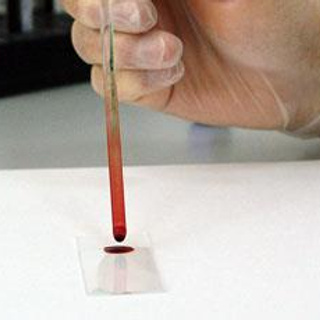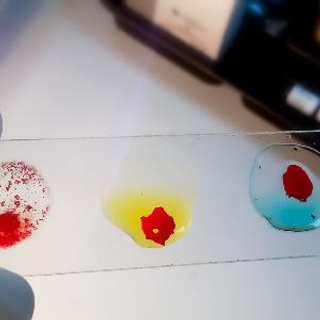Course 1. Introduction to antigen-antibody reactions

About the course
Would you like to be able to learn how antibodies develop and act against red cell antigens? Or are you wondering what the structure of antibodies is and how the complement cascade is activated by red cell antibodies? Or also why some red cell antibodies are clinically significant while others are not? Then this course is for you!
It supports the development of knowledge fundamental to understanding antigen-antibody reactions in the laboratory and in transfusion scenarios. It consists of a number of units, each of which contains multiple lessons and quiz questions to assess your understanding of the concepts presented.
Course progress
The course is fully online and self-paced. You may complete the course in one sitting or start and stop over multiple sessions that suit your circumstances. A mark of at least 60% is required to achieve a pass on the quizzes. You can revise the content and take the quizzes multiple times until a pass is achieved, demonstrating your grasp of the content.
Course units
The course should require one to two hours to complete, and includes these units:
- Red cell overview
- Antibodies and complement
- Introduction to antigen-antibody reactions
- Common antigen-antibody reactions
- Antibody affinity, avidity, prozone and post-zone
Target group
This course provides education on antigen-antibody reactions at an introductory level for learners who are entering the field as laboratory technicians, scientists or clinicians and is on topics demonstrated to be of interest and importance in a range of countries.





















